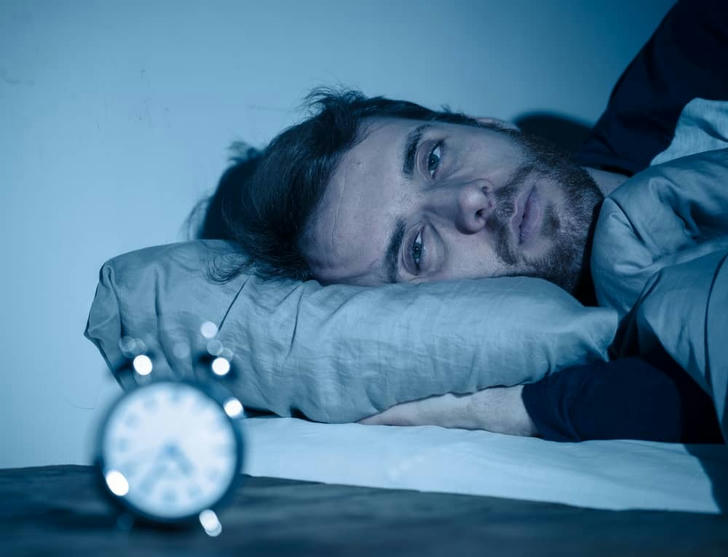20 Surprising Factors That Can Harm Your Kidneys
Advertisement
18. The Importance of Sufficient Sleep for Kidney Function

Adequate sleep is essential for the overall health of the body, including the kidneys. During sleep, the kidneys utilize this "downtime" to process excess fluids and rest before the activities of the next day. The circadian clock, the body's internal rhythm, influences kidney function differently during sleep as compared to wakefulness, as their demands vary.
Studies indicate a correlation between insufficient sleep and declining kidney function in women. Research conducted at Boston's Brigham and Women's Hospital showed that sleep-deprived women experienced a more rapid decline in kidney function. Those who slept for five hours or less per night had a 65% higher risk of rapid kidney function decline compared to women who slept for 7-8 hours.

Although the study focused on women, it is likely that similar effects occur in men. Over the past two decades, the average amount of sleep people get has decreased, from around 8 hours to 6.5 hours. Experts recommend that adults aim for at least 7 hours of sleep per night to support overall health.
While the study did not establish a direct causation between extended sleep and improved kidney function, the association between sleep deprivation and kidney failure, as well as other conditions like heart disease and diabetes, highlights the importance of prioritizing sufficient sleep for optimal kidney health.
